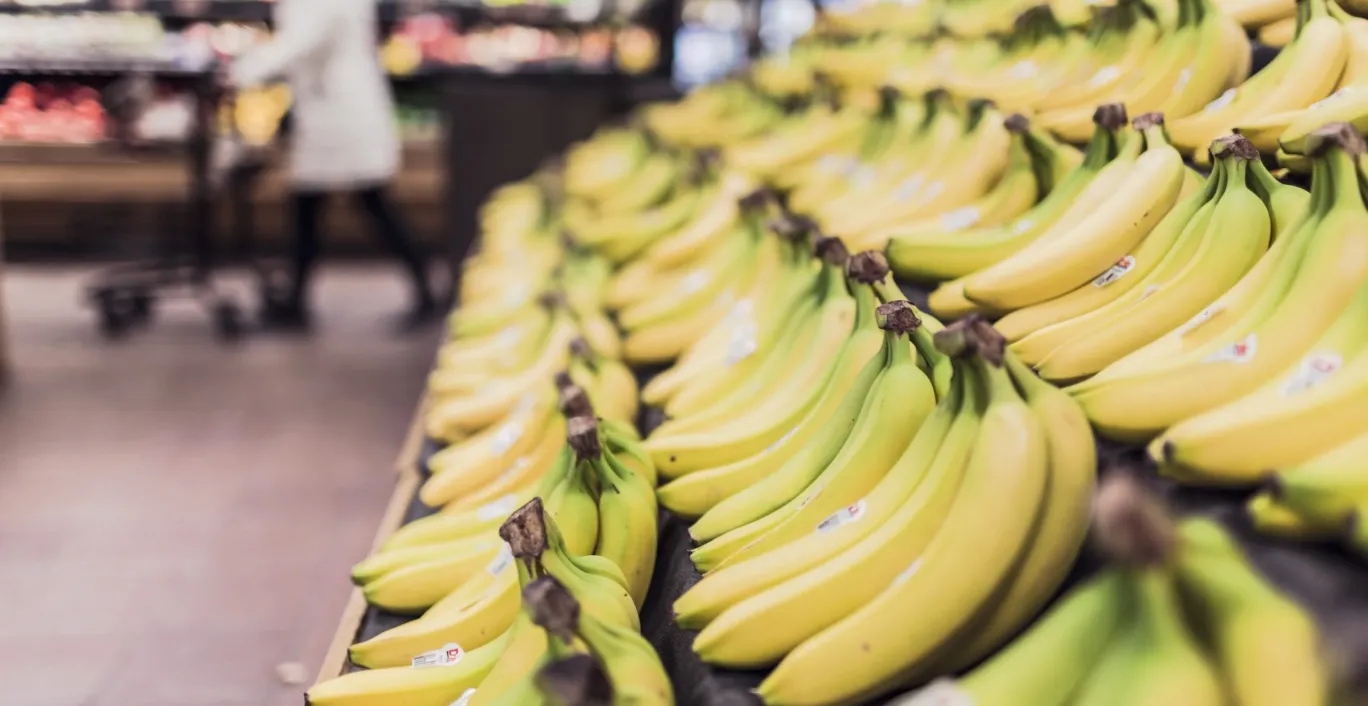The meaning economy, Gross National Happiness, conscious economy, C-commerce, organic and, of course, purpose. You hear it all around you. And more and more companies are doing it too. Meaningful business. Five reasons why you should get in right now.

1. Governments get on board
Sustainability, or sustainability, is a hot topic. Just think of the agreements made at this year s climate summit in Paris. Governments are going green. Green energy, green fuel, green alternatives. The ban on free plastic bags, for example, to combat litter on the streets and in the sea. A measure that did not just fall out of the sky. And when it comes to food waste, governments appear to be quite active as well. Some €2.5 billion worth of food is thrown away every year in the Netherlands, for instance. Producers, middlemen, the catering industry and supermarkets waste another 50 kilos or so of food. Too much, politicians judge. With the 'No Waste Network', consumers are made more aware of their behaviour in order to ultimately reduce food waste by 20 per cent.
French and Italian politicians are going even further. A new law bans supermarkets from simply throwing away their produce. Instead, unsold food must be donated to food banks and other charities. If it is up to French initiator Derambarsh, it won't be long before the whole of Europe is over. "We want President François Hollande to pressure the president of the European Commission to extend this law to the whole EU. Our fight has only just begun.''
2. The social entrepreneur has a higher favour factor
Hit the numbers and it is clear. Worldwide, consumers are willing to pay more for a product or service if it means they can indirectly do something good for the world by doing so. "Consumers indicate loud and clear that a brand with a social purpose is one of the factors influencing the purchase decision," believes Amy Fenton , head of public development and sustainability at research firm Nielsen. ''Behaviour is on the rise and offers opportunities for meaningful entrepreneurs.'' Millennials in particular, people aged 21 to 34, seem to be sensitive to sustainable products. Among them, 51 per cent find it no problem to pay extra for a good product and likewise 51 per cent check a product's packaging for sustainable labels.
Someone who proves that customers are massively behind a meaningful product is 22-year-old Naomi Gelderblom. After much opposition from the municipality, she finally manages to secure all the subsidies for her own supermarket in the 1,700-strong village of Driebruggen. Her idea? A shop-in-the-shop where local farmers can sell their produce at a 25 per cent margin. ''These margins are normally quite low. I put the responsibility as much as possible on the people who supply the goods. Our meat comes from a local meat merchant, the cheese from a local cheese merchant and fruits and vegetables from local growers.'' In the first three days after her opening, Naomi helped 1,500 customers. 1500! And that in a village consisting of only 1,700 inhabitants.
3. Meaningful companies are big business
No, meaningful business has nothing to do with charity. Indeed, if you want to make an impact, you will really have to be profitable. Without money, no business. And without business, no difference. Currently, there are nine companies earning more than $1 billion a year by doing good, better known as the 'Green Giants.' From Tesla to Nike and Unilever to Whole Foods Market, they all prove that a green approach does not necessarily conflict with the quality of a product.
Take Tesla. Not only does this brand deliver an environmentally superior product, it is the best-performing car Consumer Reports has ever tested. This puts Toyota and other global car brands ahead of it. Or how about Chipotle? This US fast food chain is going back to basics, selling only tacos with animal-friendly meat. Their turnover? More than 4 billion, or almost four times as much as Burger King. According to business magazine Forbes, sustainable supermarket chain Whole Foods Market even accounts for 14 billion, and locomotive manufacturer GE Ecomagination even takes the crown with a turnover of 28 billion in 2013.
4. Banks and pension funds are willing to invest
Banks are realising that 'purpose' is the new 'empire'. Not for nothing are impact investors suddenly popping up everywhere. They invest in companies, organisations and funds that want to make a constructive ecological or social difference above and beyond profit. At SNS, for instance, there is a whole separate impact investing branch that provides financial capital to Pro mujer Bolivia, a microfinance project for poor women in Bolivia. And companies like Beebox get a financial injection from the specially created ABN AMRO Social Impact Fund.
Pension funds ABP and PFZW are also working to make their investment portfolios more sustainable. Over the next few years, PFZW will sell its stakes in companies with relatively high carbon dioxide emissions, so that the fund's carbon footprint will be reduced by half by 2020. as a result. Investing some 25 billion euros to contribute to solving the climate problem. Talk about hefty sums.
Social investors invest in many in developing countries, but also in developed, often Western, markets. How special? That the world's biggest challenges, in sustainable agriculture, green technology, microfinance and access to education, shelter and healthcare suddenly get all the attention of a group known to be so profit-focused?
5. Aldi and IKEA: accessible and green
Lidl, Aldi, Ikea. Big retailers where you don't immediately think 'green'. The opposite turns out to be true. Known for their low prices, these chains simultaneously believe in the power of 'purpose.' Aldi, for instance, is expanding its range with organic brands, removing a number of artificial ingredients from its products and adding more gluten-free products. All to attract conscious consumers. Who would have thought it a decade ago? A German discount supermarket that would sell organic meat without added antibiotics or artificial growth hormones?
Did you know that IKEA is even one of the Green Giants? The Swedish furniture giant is currently experimenting with a real reuse programme, The Circular Store. ''We want customers to stop just throwing stuff away,'' says chief sustainability Steve Howard in an interview with US site Fast Company. ''Ikea stuff, trendy and cheap, is seen as something easily replaceable. That's interesting. And all the more so for us. It is our responsibility to make people aware that they can also resell their stuff, instead of putting it in the street trash. When a sofa is really worn out, it can always be recycled.'' The Circular Store is a place where people can repair or recycle their mattresses, sofas and tables. Several pilots of the concept are now being run around the world. ''We are at the beginning of a challenge called the closed-loop economy. This concept is also changing the way we select materials, which suppliers we work with, how we make our products and how we deal with our customers.''
Meld je aan voor onze nieuwsbrief en ontvang maandelijks praktische inzichten, tips en tricks om je op weg te helpen naar online groei!
Vul hieronder jouw e-mail in en ontvang direct een handig weetje 🙂
